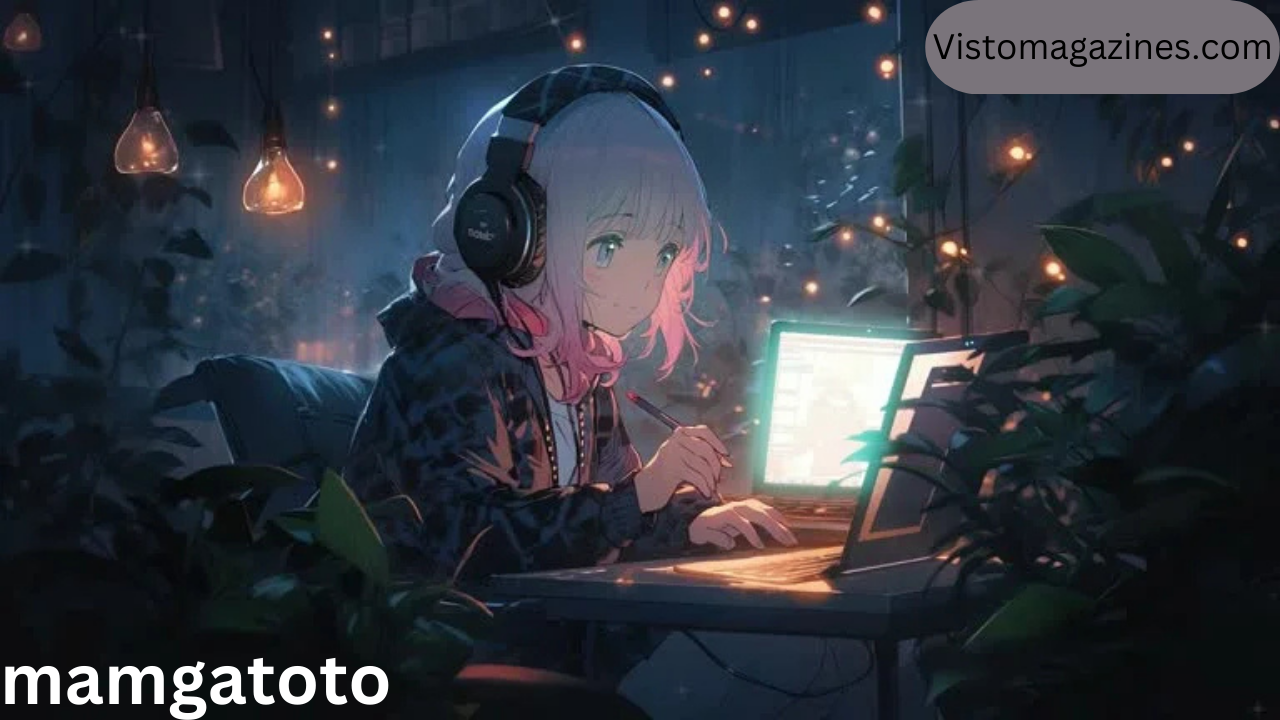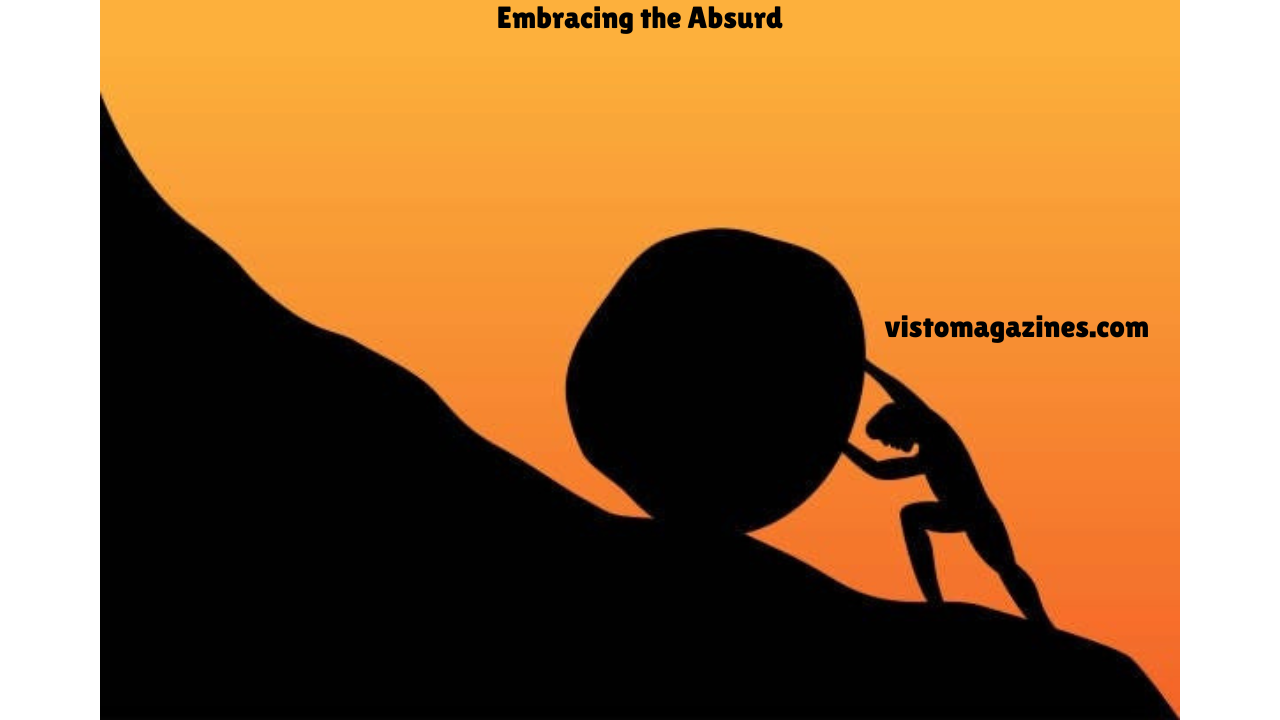Mamgatoto?? A Deep Dive into the Meaning, Context, and Usage of Mamgatoto
The term “mamgatoto” has gained some attention on social media platforms, but its meaning and origins are often misunderstood or unclear to many people. Whether you have come across the term in online conversations, casual chats, or media, you may find yourself wondering what “mamgatoto” actually refers to and why it has gained such prominence. This article will explore the concept of “mamgatoto,” its cultural implications, and how the term is used in various contexts. In addition, we will discuss the nuances of the word and its impact in digital conversations.
What Is Mamgatoto?
At its core, the term “mamgatoto” is a South African slang word. It is a colloquial expression often associated with casual conversations, particularly in the context of young people using informal language. It has ties to the Zulu and Sotho languages, which are among the official languages spoken in South Africa. The term itself is generally regarded as a reference to a person, usually a woman or a girl, but the specific meaning can vary based on context.
In certain instances, “mamgatoto” could be interpreted as a playful or affectionate term. For example, it may refer to someone who is attractive, charismatic, or well-liked in a social group. However, it can also have a more complex or negative connotation depending on the situation. In some contexts, it may be used with a slightly dismissive or sarcastic tone. The meaning of “mamgatoto” is deeply influenced by the tone of the conversation and the relationship between the people involved.
Origins of Mamgatoto
The exact origins of “mamgatoto” are difficult to pinpoint, as it is part of a larger pattern of slang words and phrases used in everyday South African speech. South African languages have a rich tradition of borrowing words from other languages, especially as the country has a diverse range of cultures and linguistic groups. Terms like “mamgatoto” evolve in this environment, influenced by a mix of indigenous languages, colonial history, and contemporary global culture.
In South Africa, language is often fluid, with slang expressions emerging rapidly as a reflection of the current trends, moods, and influences among youth. Mamgatoto likely arose from informal language communities, and its meaning has continued to shift over time. The rise of social media platforms such as Twitter, Facebook, and TikTok has further amplified the usage of terms like “mamgatoto,” making them widely recognizable even beyond South Africa’s borders.
Cultural Significance of Mamgatoto
The cultural significance of “mamgatoto” is intricately tied to the dynamics of South African youth culture. South Africa is a country of deep cultural and ethnic diversity, where languages like Zulu, Sotho, Xhosa, and Afrikaans play significant roles in everyday life. The younger generation, in particular, has adopted a hybrid style of communication, blending English with their native languages to create a new, fluid form of expression. This blending is evident in the creation of slang words like “mamgatoto.”
In South African culture, there is also a strong emphasis on community and social connections. Slang terms such as “mamgatoto” can be seen as a way for individuals to bond, share experiences, and express certain emotions or attitudes within their social circles. The use of this word can often signal familiarity or camaraderie, showing that someone is part of a particular group or understands the cultural nuances of the language.
However, the term’s usage can be somewhat divisive. While some people may view it as an expression of admiration or affection, others might consider it inappropriate or overly casual. The way the term is received can vary greatly depending on the listener’s perspective and cultural background.
Mamgatoto in Social Media and Digital Communication
The widespread use of “mamgatoto” in digital communication has played a significant role in its rise to popularity. Social media platforms, especially those popular with younger audiences like Twitter, TikTok, and Instagram, have allowed the term to spread far beyond its initial geographic boundaries. Influencers and users from different regions have adopted the word, sharing it with their followers and using it in various contexts.
In digital spaces, “mamgatoto” is often used to describe a woman, a girl, or even an idea that embodies the idealized characteristics of charm, beauty, or allure. The term has been repurposed in memes, short videos, and posts, giving it new life as part of online culture. Whether it’s used in a humorous, ironic, or sincere way, “mamgatoto” has become an emblem of how slang words can rapidly evolve when they are introduced into the global digital arena.
While the term’s meaning may have originated in a specific cultural context, it has now taken on new forms of expression in the online world, making it a powerful example of how language evolves in the digital age.
Gender and Identity: Mamgatoto’s Role in Conversations
Gender plays an important role in how “mamgatoto” is used and interpreted. The term is often associated with women, especially in contexts where a young woman’s physical appearance or personality is being discussed. As a result, “mamgatoto” has been both praised and critiqued for its potential to objectify or stereotype women.
For some, using “mamgatoto” is a way of complimenting someone in a playful, lighthearted manner, and the term is seen as flattering or empowering. However, for others, the use of the term can perpetuate certain ideals of beauty or behavior that may reinforce gender stereotypes. The rise of feminist and gender equality movements has sparked important conversations about how language, including slang, can either challenge or reinforce societal norms.
It’s important to recognize that the meaning of “mamgatoto” can vary depending on the context and the way it is delivered. While it can be used in a harmless or positive way, it’s essential to be mindful of how language can influence perceptions of gender, identity, and social dynamics. In certain cases, it’s possible for the term to be used to perpetuate harmful ideas about women or reinforce negative stereotypes.
Mamgatoto in Popular Media
The popularity of “mamgatoto” has also spread to South African entertainment and media. In music, television, and film, slang terms like “mamgatoto” often serve as tools to connect with audiences and make content feel more authentic. Artists, producers, and directors have begun to incorporate such phrases into their work, capturing the vibrancy and richness of South African culture.
In some cases, the term “mamgatoto” is used to represent certain archetypes or characters, particularly in music videos or drama series where youth culture is portrayed. The term may be used to describe a character who embodies a playful, confident, or appealing persona, often connected to themes of romance, flirtation, or social interaction. As media continues to evolve, it’s likely that slang words like “mamgatoto” will continue to appear in popular culture, further shaping how they are understood.
Conclusion
Mamgatoto?? While the term might seem simple at first glance, it carries deep cultural, social, and linguistic significance. Its origins in South African slang reflect a vibrant youth culture that values both tradition and innovation. Whether used to describe someone attractive or simply as a playful expression in everyday conversation, “mamgatoto” is an example of how language continues to evolve, especially in the digital era.
From its humble beginnings in South African communities to its rise as a global online phenomenon, “mamgatoto” has become a symbol of how slang words can transcend borders and take on new meanings. As with any slang, it’s essential to understand the context in which it is used and to be mindful of its potential implications. Language is constantly changing, and words like “mamgatoto” serve as a reminder of the creativity and fluidity that define modern communication.



